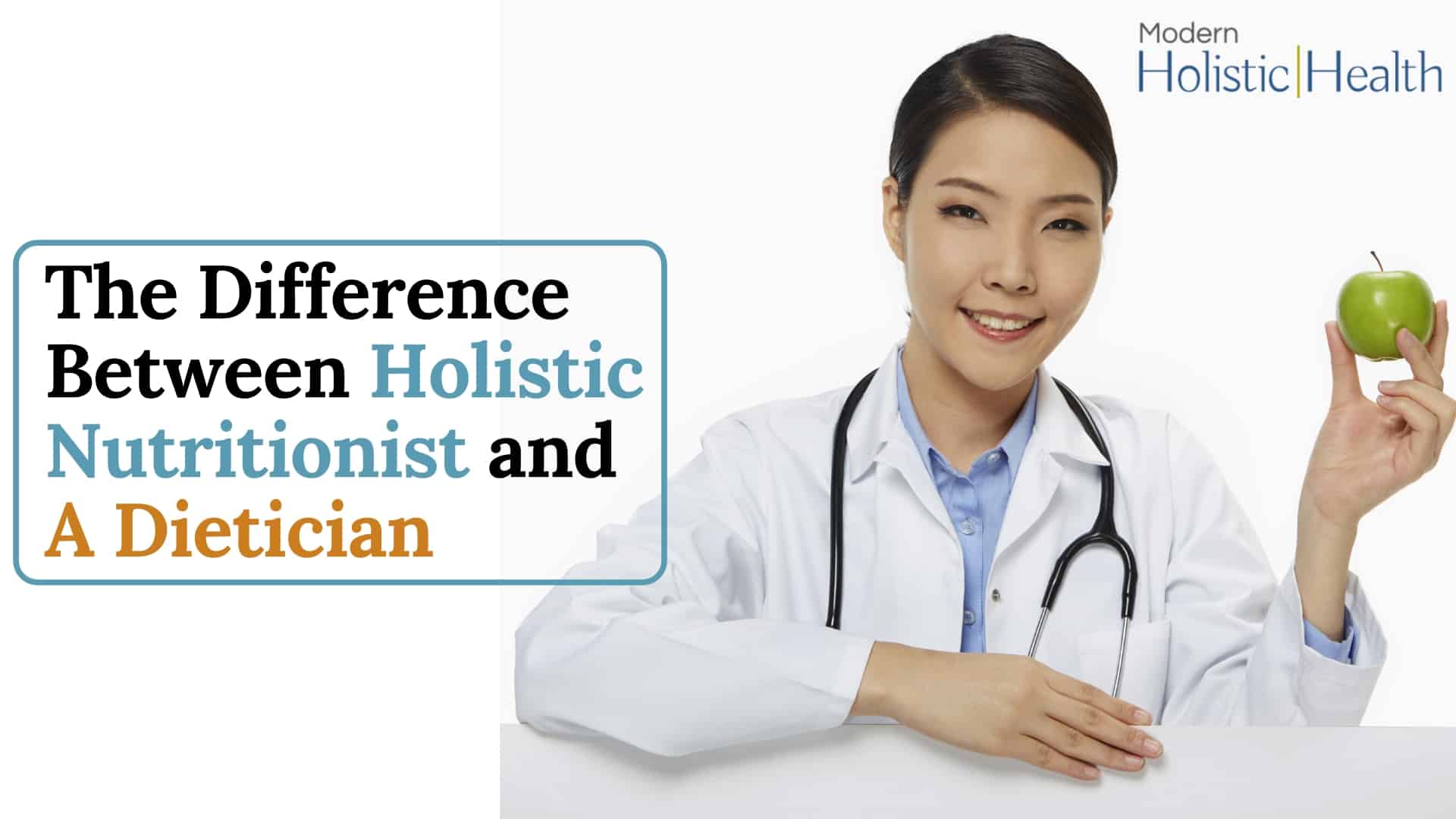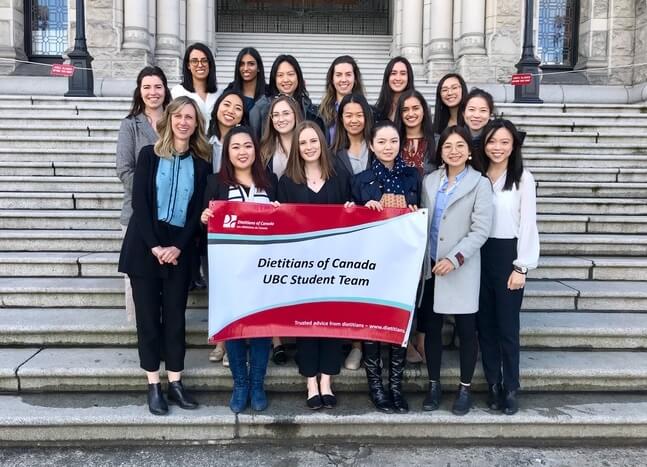All Categories
Featured
Table of Contents
The types of Nutritional experts are: and. The former are those people that make use of the scientific technique to study nutrients, both as private compounds and as they engage in food and nourishment while the latter are experts that aid in diagnosing the nutritional troubles of areas and in locating remedies to those issues.
: They deal with wellness programs and international health organizations.: They are accountable for massive food preparation and service.: They are experts in nourishment and aging. They are Board accredited in Gerontological Nutrition with the American Dietetic Association.: They are mainly involved with nutritional relevant research in the professional facet of nutrition in condition states, public aspect on main, second and occasionally tertiary health and wellness avoidance and foodservice facet in issues involving the food gotten ready for clients.
What Is The Best Registered Dietitian Nutritionist Service?
, and papers-- either as a specialist visitor viewpoint, normal columnist or visitor, or for source, dining establishment, or dish growth and critique.: These job under private technique. As described over, all dietitians are nutritionists but not all nutritionists have the qualifications and credentials to be called dietitians.
This implies specifically the very same point as Registered Dietitian (RD), a term that has been in usage for a long time. While accreditation to end up being an RD or RDN is regulated by the Academy of Nutrition and Dietetics a national organization licensure is controlled by private states.

In order to supply medical nutrition treatment and qualify as carriers for insurance provider, a dietitian has to be licensed by the state. According to the Bureau of Labor Statistics, the need for dietitians and nutritional experts is anticipated to increase by 20% between 2010 and 2020 this is a much faster growth rate than the standard for all professions.
How Much Should I Pay For Certified Dietitian?
There are substantial distinctions in payment based upon field of expertise, with Scientific Pediatric Dietitians and Milk Nutritionists balancing roughly $90,000. In 2014, The Bureau of Labor Data (BLS) located that the top 10% of dietitians and nutritional experts make greater than $79,000, and the lower 10% much less than $36,000 - Certified Sports Nutritionist. A mean per hour wage of $27.62 was determined for both industries, with the top 10% earning over $38.00 per hour, and the lower 10% earning below $17.00 per hour

There is a selection of jobs readily available in various environments for those that desire to work with the public, as well as for those that prefer more research-focused work. Many enter among these areas in order to help people live much healthier lives which can be immensely rewarding.
With current data that one-third of the united state population is obese, in addition to a a great deal of elderly U.S. homeowners, dietitians and nutritional experts are most likely to have an extra extensive role in the future. My Plan ranks dietitians and nutritional experts at # 53 in their happiness index of leading 300 jobs with the highest possible job contentment ratings.
In enhancement to going to a certified program, most states call for dietitians to be certified or to have expert certification, or both. In contrast, only regarding fifty percent of states require such credentials for nutritionists. However, many professional duties for nutritionists ask for at least a bachelor's level, and the exact same accreditation is available for nutritionists and dietitians alike.
How Much Does It Cost To Have A Athletic Performance Nutrition?
It's crucial to keep in mind that beginning Jan. 1, 2024, you'll additionally require to hold a master's level to gain an RD/RDN credential. Usual bachelor's levels for dietitians include scientific nutrition, dietetics, and public wellness. Your core courses might include: Food science Chemistry Healthcare plan Professional nutrition Biostatistics Microbiology Food service administration You'll additionally need to complete a dietetic internship.

And to advance in the field, you'll likely need a master's degree. Whether created in legislation or not, dietitians and nutritional experts lots of times need a comparable education. Usual bachelor's degrees for nutritional experts consist of nourishment science or a relevant discipline, such as dietetics, kinesiology, food system monitoring, or biochemistry and biology. A few of your training courses may consist of: Trends in nourishment Biomedical stats Medical nourishment Food, nutrition, and behavior Nutritional ecology Neighborhood nutrition Physiology Some level programs include teaching fellowships, but in others you'll need to locate opportunities by yourself.
The variety of hours you'll need might depend upon demands in the state where you'll function. Whether you prepare to make a credential or otherwise, it's a great concept to finish a minimum of one internship to gain beneficial experience prior to seeking a permanent role. Licensing and accreditation demands for nutritional experts and dietitians differ from state to state.
What Is The Best Best Nutritionist For Weight Loss?
A professional qualification shows your experience and expertise in your area. These are not certification programs. A certification suggests that you have taken a training program to learn a skill. Accreditation shows your mastery prolongs past your education and that you have actually passed a certifying examination. Here are the leading qualifications for dietitians and nutritional experts.
The titles are essentially the exact same. There's no specialist difference between them, and you're totally free to select which one you intend to utilize based upon individual choice. To take the qualification examination, you must: Gain an undergraduate degree that's recognized by the ACEND Complete a dietetics teaching fellowship After Jan. 1, 2024, you'll need to gain a master's level to receive the accreditation.
What Do Holistic Dietitian Services Include?
There is a variety in incomes, with the lower 10% around $44,910 and the leading 10% around $98,830, according to the BLS. Nutritionist and dietitian duties are anticipated to expand 6.6% via 2032, according to the BLS.
This doesn't imply that career is remarkable to the other, as they both have various functions and credentials that could sometimes overlap. If you wish to discover more regarding what makes these professions distinct, keep analysis. Dieticians are professionals who help boost the high quality of life via healthy food selections.
What Is The Best Renal Dietitian Company?
Nutritionist recommendations about nutrition's influence on health and wellness. They help people adopt healthier methods of consuming and create customised strategies based on objectives. Their services include dietary assessment and therapy, meal planning and developing healthy and balanced consuming programs. Some have formal education and qualifications, others might have a lot more basic accreditations. The area is much less controlled than dieticians; thus, nutritional experts' levels of knowledge and credentials can differ.
There are numerous differences between diet professionals and nutritionists. As their careers advancement, lots of diet professionals go after advanced levels, like a Master's or Doctorate, to specialise in details areas of nourishment.
Latest Posts
What Is The Best 6 Week Body Transformation Service?
Non-surgical Weight Loss – Fremantle
Geriatric Dietitian